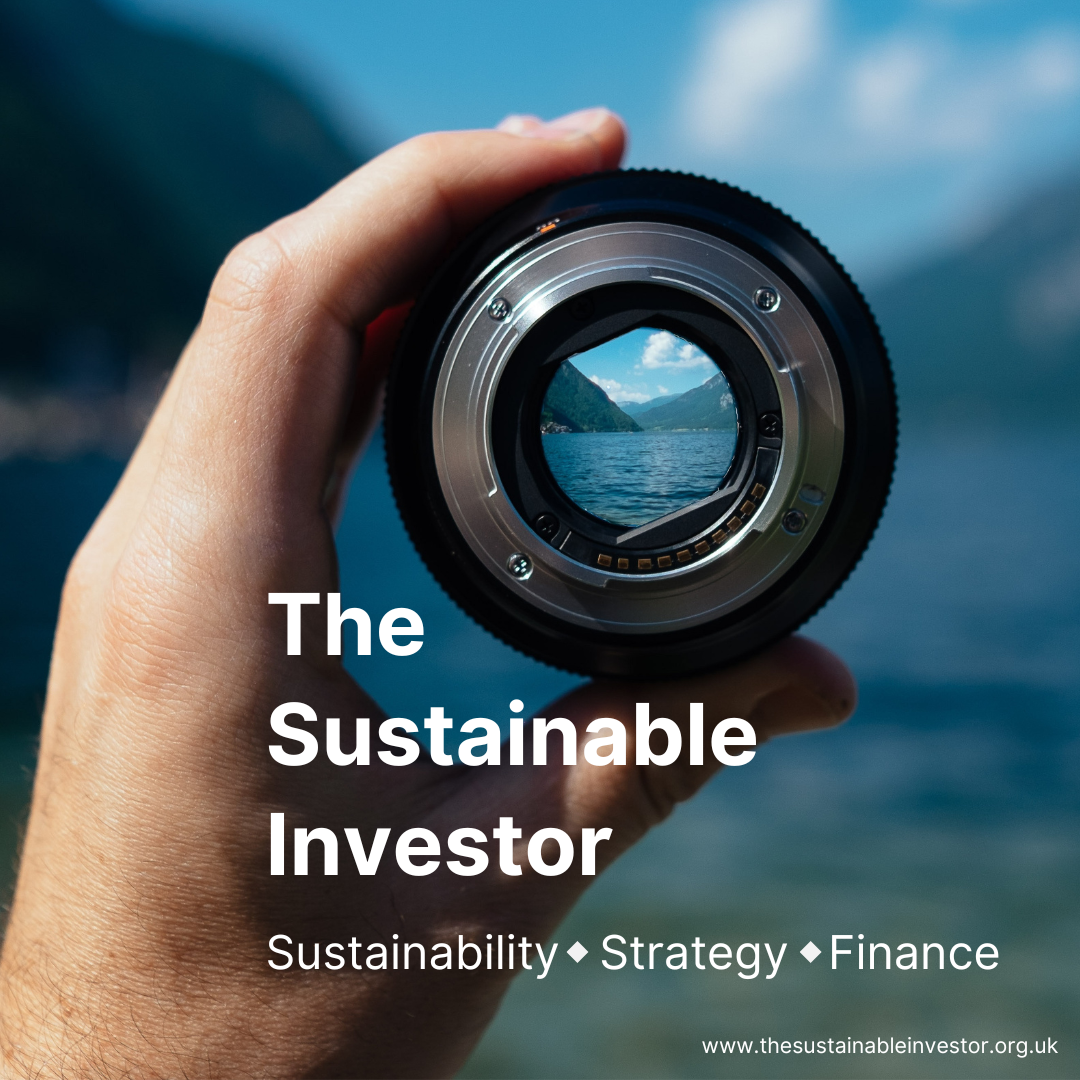
Sunday Brunch: data is normally never enough
It's often very attractive to think that data gives us the answer. Sadly, just thinking about what we can measure rather than what's important can lead us to disaster.
“Measure what is important, don't make important what you can measure”
― Robert McNamara
It's often very attractive to think that data gives us the answer. That if we just find the 'perfect' KPI's then they will focus our efforts and lead us to the solution we want. Sadly, while the first half of this statement is generally true, just thinking about what we can measure rather than what's important can lead us to disaster.
Rather ironically, given the quote above, this tendency is known as the McNamara fallacy. During the Vietnam war Robert McNamara focused on measurable data, such as the quantity of bombs dropped. But he wasn't focused on perhaps the most important (but hard to measure) metric, the hearts and minds of the people.
Regular readers will know that we are big fans of Narrative and Numbers by Aswath Damodaran, which explores the relationship between stories and numbers in investing. Stories ie narratives, not only convince, they allow us to properly explore the logic of our argument in a way that data never can.
Because data on its own is normally never enough.
If you want to read the rest and are not already a member...

The rise in data complexity
The traditional view of data is that we need to learn to analyse more of it. And that this is an increasingly complex process, which needs more and more resource. The rise of machine learning is just part of this.

And we are seeing this more and more in Sustainability and ESG disclosure, with sustainability teams collecting, analysing and reporting ever increasing amounts of data.
But like Robert McNamara, are we missing the point?
Data is not an end in itself. Sure, it should be the foundation of our insights. But if we don't have a sensible narrative, data on it's own can take us down all sorts of blind alley's.
And it can fail to convince and inform. And this last element is important.
As Ruth Tank so eloquently puts it:
"we know from change communications best practice that it's important to bring to life the link between the change and people's day-to-day job, as well as creating certainty about when things are going to happen. But I've yet to meet a front line worker who got excited about helping leadership make their bonus."
Practical applications for investors
Linking narrative and numbers doesn't only apply to change management projects and company strategy development. It also applies to sustainability.
I have been working on a pilot project (more on this in future blogs) looking at how well company annual reports and similar documents give shareholders and investors the environmental and climate related information they need to make investment decisions. And how well they serve to inform good engagement and stewardship.
There are two main challenges we have found. The first is about how clear a company's sustainability plan is, and how well aligned it is with the company's wider strategy. And how it is linked, in a practical way, to the companies expected financial outcomes.
Sustainability should be part of a company's DNA, not something that is tacked on the side.
The second is finding the data and analysis we need. It's often all there, but it's spread across multiple sections. Some of it is found in the annual report (both the main body of the report and the notes), other material is in the sustainability report, and yet more is in the companies latest results presentations.
And while some is audited, much of it is not.
We are hopeful that the situation is getting better. Companies are learning by doing, and by getting constructive feedback from shareholders.
And the reporting standards are getting clearer. As ex investors, we see some really positive changes coming up, as the new IFRS Sustainability Standards start to get applied. S2, as the environmental standard is known, looks like a big step forward.
We like it partly because it clearly ties a company's sustainability risks and opportunities to the company's financial outlook.
Or as the IFRS puts it:
"IFRS S2 requires an entity to disclose information about climate-related risks and opportunities that could reasonably be expected to affect the entity’s cash flows, its access to finance or cost of capital over the short, medium or long term (collectively referred to as ‘climate-related risks and opportunities that could reasonably be expected to affect the entity’s prospects’)".
The other good aspect is that it ties together a number of reporting frameworks, including the well regarded Task force for Climate-related Financial Disclosure (TCFD). Company's that already report under this framework will likely find using the IFRS S2 structure very straightforward, as it incorporates the TCFD approach.
One last thought to leave you with.
While these changes are positive, we also need to find a better way to clearly set out the sustainability strategy narrative of a company. Better data is important. Clearer reporting standards are important.
But time pressed portfolio managers and shareholders don't really want to have to dig through multiple documents, trying to match up the various elements into a coherent whole.
And by narrative, we don't mean some sort of marketing document. We think about it as being similar to a company's strategy presentation. The introduction needs to give investors a clear picture of the companies climate related risks and opportunities, how they are responding to them, the targets they have and the actions they will take to deliver them, and the likely financial consequences. With good links into the supporting documentation and disclosure.
No investor would buy into a new product strategy that didn't set these items out, so why should we expect any less of a company's sustainability strategy?
Something a little more bespoke?
Get in touch if there is a particular topic you would like us to write on. Just for you.
Contact us
Please read: important legal stuff.

